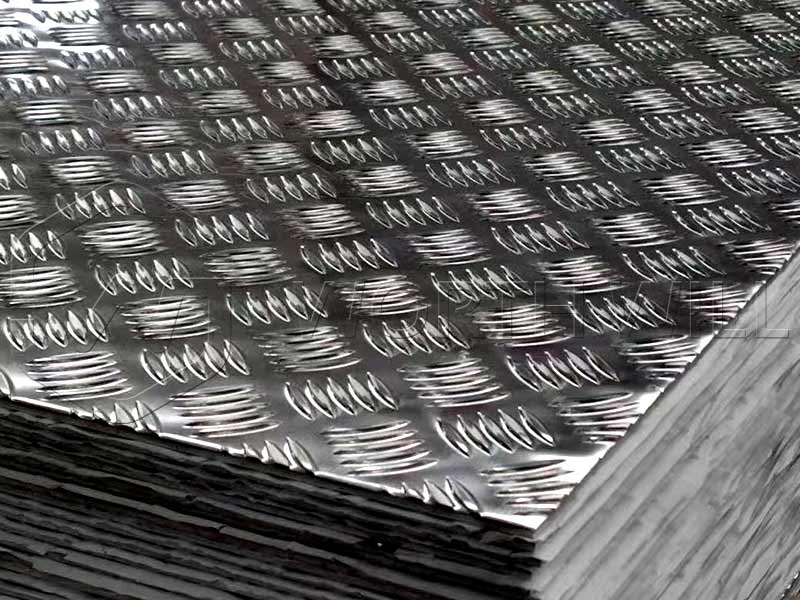
Aluminium
Iran has a growing aluminium industry, which is becoming an important part of the country’s non-oil exports. The country has significant bauxite reserves, the primary ore for aluminium, and has been investing in its aluminium production capacity. Here are some key points about Iran’s aluminium export sector:
Key Producers
Iran Aluminium Company (IRALCO): One of the largest aluminium producers in Iran, IRALCO plays a significant role in both domestic supply and exports.
Almahdi Hormozal Aluminium Company: Another major player, located near the Persian Gulf, which facilitates easier export logistics.
Hormozgan Aluminium Company (HORMOZAL): Contributes significantly to the country’s aluminium production and export.
Export Destinations
Iran exports aluminium to various countries, focusing on regions with strong industrial bases. Key destinations include:
Turkey: A neighboring country with strong trade ties and significant demand for aluminium.
China: As the world’s largest consumer of aluminium, China is a key market for Iran.
India: With its growing industrial sector, India imports aluminium from Iran.
European Union: Some European countries also import Iranian aluminium, although geopolitical factors and sanctions influence these trade relationships.
Factors Influencing Iran’s Aluminium Exports
Sanctions and Geopolitical Issues: International sanctions, especially from the United States, have impacted Iran’s ability to trade freely on the global market. These sanctions affect financial transactions, shipping, and insurance services necessary for exports.
Production Capacity: Iran has been investing in expanding its aluminium production capacity. Projects like the Jajarm Alumina Plant aim to increase the country’s output.
Energy Resources: Iran’s abundant natural gas reserves provide a cost advantage in energy-intensive aluminium production.
Economic Diversification: With a focus on reducing dependency on oil exports, Iran is keen to boost its non-oil sectors, including aluminium production and export.
Recent Developments
Increased Production: Iran has been ramping up its aluminium production, with significant investments in new smelting plants and upgrades to existing facilities.
New Export Strategies: To circumvent sanctions, Iran is exploring new markets and leveraging regional trade partnerships. Barter trade and regional agreements are part of these strategies.
Technological Upgrades: Investments in modernizing production facilities aim to increase efficiency and output quality, making Iranian aluminium more competitive internationally.
Environmental and Sustainability Efforts
Energy Efficiency: Given the energy-intensive nature of aluminium production, Iran is focusing on improving energy efficiency in its plants.
Environmental Regulations: There is an increasing awareness and implementation of environmental regulations to mitigate the impact of aluminium production on the environment.
Challenges
Sanctions Impact: Ongoing international sanctions pose significant challenges to Iran’s aluminium export ambitions, affecting access to global markets and financial systems.
Logistics and Infrastructure: While there are investments in infrastructure, logistical challenges and the need for further development remain.
Global Competition: Competing with major global players like China and Russia, which have more established industries and fewer trade restrictions, is challenging for Iran.
Iran’s aluminium export sector holds potential due to the country’s natural resources and strategic investments, but it continues to face significant hurdles primarily due to geopolitical factors.
There are several reasons why purchasing aluminium from Iran might be advantageous, depending on your specific needs and circumstances. Here are some key points to consider:
Competitive Pricing
Cost Advantage: Iran’s abundant natural gas resources provide a cost-effective energy supply for aluminium production, potentially leading to competitive pricing.
Local Resources: Proximity to bauxite reserves reduces raw material costs, which can be reflected in the final product pricing.
Quality and Standards
High-Quality Production: Iranian aluminium producers, such as IRALCO and Almahdi Hormozal Aluminium Company, have invested in modernizing their production facilities, ensuring high-quality standards.
Adherence to International Standards: Many Iranian producers adhere to international quality standards, ensuring the aluminium meets global industrial requirements.
Strategic Location
Proximity to Markets: Iran’s geographical location offers strategic advantages for shipping to Europe, Asia, and Africa, potentially reducing transportation costs and delivery times.
Regional Trade Agreements: Iran’s participation in regional trade agreements can facilitate easier and potentially tariff-reduced trade within those regions.
Diversification and Supply Chain Stability
Supplier Diversification: Sourcing aluminium from Iran can diversify your supplier base, reducing dependency on traditional suppliers and enhancing supply chain resilience.
Stable Supply: Iran’s focus on expanding its production capacity aims to ensure a stable and reliable supply of aluminium.
Economic and Political Considerations
Economic Engagement: Engaging in trade with Iran can strengthen economic ties and foster better bilateral relationships, which may have broader business benefits.
Sanctions Navigation: While international sanctions can complicate transactions, there are mechanisms and strategies to navigate these challenges, such as barter deals or regional financial systems.
Customization and Specialized Products
Tailored Solutions: Iranian aluminium producers may offer customization options to meet specific industrial requirements, providing tailored solutions for your business needs.
Wide Range of Products: From raw aluminium to finished products, Iran offers a variety of aluminium forms, catering to diverse industrial applications.
Sustainability Efforts
Energy Efficiency: Iranian aluminium producers are increasingly focusing on improving energy efficiency and reducing the environmental impact of their operations.
Recycling Initiatives: There are growing efforts in Iran to enhance aluminium recycling, which supports sustainability and can provide an additional source of supply.
Considerations and Risks
Sanctions and Compliance: Ensure compliance with international regulations and sanctions when trading with Iran. Legal advice and thorough due diligence are crucial.
Logistical Challenges: Assess the logistical aspects, including shipping routes and infrastructure, to ensure smooth and timely delivery.
Market Dynamics: Stay informed about market conditions, including potential political and economic shifts that could impact trade dynamics with Iran.
Buying aluminium from Iran can be a strategic decision based on cost, quality, and supply chain diversification. However, it’s essential to carefully weigh these benefits against potential risks and ensure compliance with all relevant regulations.

